
Education
-
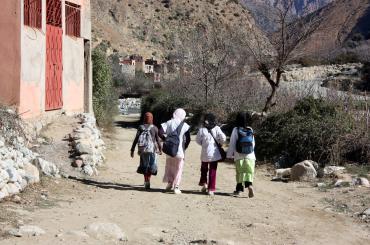
Unintended consequences of conditional cash transfers on educational outcomes
New evidence from Morocco reveals that conditional cash transfers can constrain learning when no accompanying measures are taken by governments to account for increased enrolment.
-
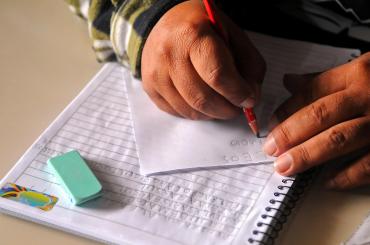
Gender stereotypes in the classroom affect gender inequality later in life
Stereotyped assessments by teachers exacerbate gender disparities in educational outcomes for high school students in Peru. New evidence shows that these negative impacts persist years later in labour market gender gaps.
-

The power of a meal: School feeding has wide-ranging long-term effects on education
The impacts of a school feeding programme in Colombia go beyond school attendance and hunger relief, fostering learning, high school graduation and tertiary enrolment.
-
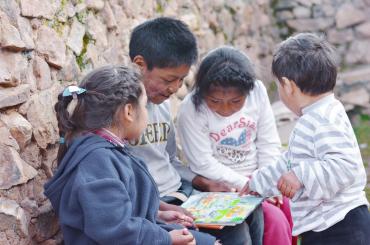
Mexico’s preschool mandate set children up to succeed
Mexico’s preschool mandate in 2002 shows significant, lasting benefits for cognitive skills and non-cognitive skills after six years, and educational outcomes nearly two decades later.
-

The gap between education policy and practice
There are large gaps between policy and practice in education. New systematic analysis shines a light on this 'policy-practice' gap in 50 countries during COVID-19 and motivates increased focus on policy implementation.
-
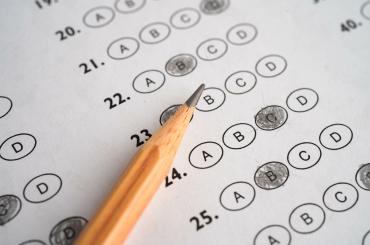
Scaling up information interventions in education
Evidence on schooling decisions in Mexico City reveals what the impact of performance feedback in education would be if implemented at a large scale.
-

School feeding programmes improved attendance in northern Burkina Faso
A school feeding programme in northern Burkina Faso increased school attendance and girls’ enrolment.
-
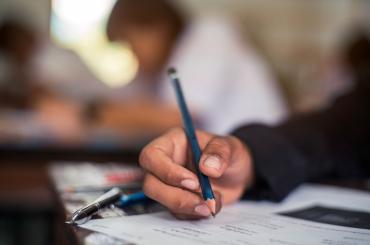
What do we know about literacy learning in adulthood?
To be more effective, adult literacy programmes need to incorporate the neuroscience of how adults learn and how this differs from children.
-

Empowering teachers to drive educational change in Brazil
Enabling teachers to introduce pedagogical innovations can deliver substantial gains in student achievement. An experimental programme in Brazil unveils the importance of supporting teachers and accommodating the multiple constraints students face.